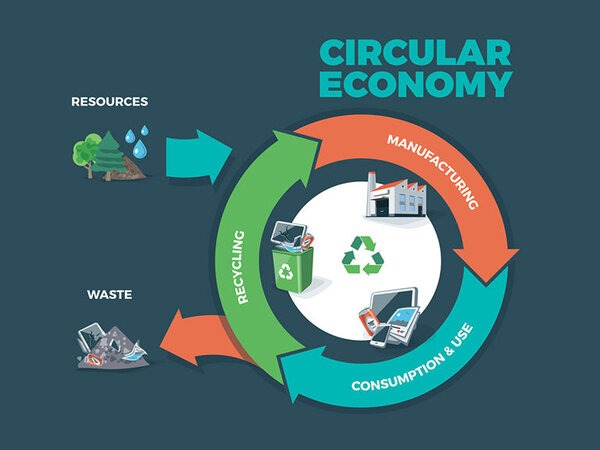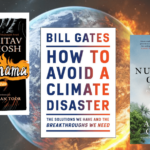Leaders across the globe gather for COP26 to collectively accelerate action toward the Paris Agreement and UN Framework Convention on Climate Change. Here are the five facts you should know about circular economy for COP26.
Using more than earth can provide
We’re using more than the earth can provide. Today, we are using about 1.6 earth. It means we’re using about 60% more of the earth’s resources than it can regenerate every year. That “overshoot” could get to 3-4 earth by 2050 with an increased global population and a resulting rise in consumption. That is clearly proving unsustainability.
Carbon emissions and more than 80% of biodiversity loss
Over-extraction harms people, the planet, and economies. Our current linear system depends on extraction. It is including of rare natural resources. According to a study done by UN Environment, it is also responsible for 53% of the world’s carbon emissions and more than 80% of biodiversity loss.
Wasting too much
Waste becomes out of control right now. The world produces over 2 billion tons of solid waste, and that’s expected to grow to 3.4 billion tons by 2050. It’s saying about one-third of that waste is not managed properly. By volume, global waste includes 44% food and organics, 17% paper, and 12% plastic all valuable commodities.
Deadlier landfills
Landfills are even deadlier than we thought. In addition to taking up otherwise productive land, this explanation from Waste Dive is especially helpful: “When the trash is packed into a pile, the oxygen-free environment supports bacteria that thrive in those conditions. As the microbes degrade the waste, they release carbon dioxide and methane. The latter is… 84 times more potent of a global warming agent than carbon dioxide in the first 20 years of its release.”
Tossing textiles
We will throw away 148 million tons of clothing each year by 2030.$500 billionin value is at stake by adopting circular fashion solutions. It is keeping valuable materials out of landfills and reducing our reliance on virgin commodities.












